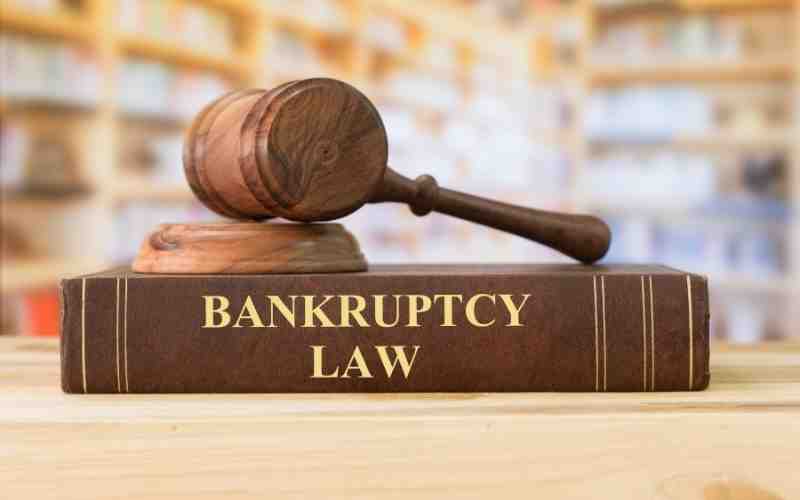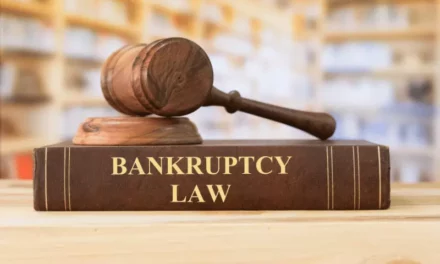It is commonly acknowledged that entrepreneurship is one of the most essential drivers of economic development. However, it is also a perilous endeavor: the vast majority of new enterprises fail, with many ending up in bankruptcy. Furthermore, Bankruptcy laws range from country to country in terms of the breadth of protection they provide, and the discrepancies are often based on cultural views.
In light of this track record, when businesses contemplate expanding into a new foreign market, they usually take into consideration elements such as logistics as well as variations in cultural views and financial restrictions.
Small business owners would be well to also take into consideration another critical, if perhaps painful, issue: whether the country’s bankruptcy rules are favorable or onerous to small business owners. For example, a country with a risk-averse culture is more likely to have bankruptcy laws that raise the penalty of failure for entrepreneurs.
The authors suggest that entrepreneurs should pay careful attention to the subtleties and vagaries of bankruptcy laws across the globe and, if at all feasible, select governments that will be more understanding if things go wrong. There are several elements to consider, according to the authors, but the most important ones to consider are the cost, the time, and the degree of debt relief.
A total of five bankruptcy regulations components were investigated. The time it takes to go through a bankruptcy procedure was the first thing the researchers looked at. They looked at the time it takes for both liquidations, which results in the closing of a business, and reorganization, which allows a distressed company to be shielded from its creditors while it attempts to devise a new strategy to continue operating.
In addition, a rapid liquidation procedure serves as a stimulant for entrepreneurial activity since it enables the swift reallocation of a bankrupt firm’s assets and personnel to better uses and new prospects. Similarly, when a company files for reorganization, a swiftly completed process may help to preserve the value of the company’s assets and increase the likelihood of a successful outcome.
However, a time-consuming procedure with an unknown resolution may certainly exacerbate the financial suffering of a failing firm and act as a significant discouragement for anyone considering starting their own business. Japan’s courts investigate even the bankruptcy files of financially insolvent companies with great rigor, and some are refused permission to continue.
According to the experts, entrepreneur-friendly bankruptcy rules encourage new enterprises to take greater risks and expand their scope of operations. It follows that the number of businesses with great development potential will rise, but the number of firms that will fail will also increase as a result.
According to the writers, the final result is well worth the effort. “Failure, although terrible for individual entrepreneurs, may really be beneficial to the economy,” the authors conclude.
The lower the risk associated with filing for bankruptcy, the greater the number of new businesses that are established. Because bankruptcy laws differ greatly from country to country, particularly in terms of the cost, timeliness, and extent of debt relief available, businesses should thoroughly research the regulations in every possible new market before entering it.
Alternatives to Bankruptcy are available
The filing of a bankruptcy petition is often the most effective method to get out from under overwhelming financial obligations, but it is not the only option. There are alternatives to bankruptcy that may frequently help you lower your financial commitments without having to deal with the unpleasant repercussions of bankruptcy.
Dealing with your creditors outside of the legal system may sometimes be beneficial to both parties involved. An alternative to getting nothing is for your creditor to agree to a repayment plan that lowers your debt or spreads your payments over a longer period of time.
If you find yourself unable to make your mortgage payments, it is worthwhile to contact your loan servicer to learn about your alternatives, which may include filing for bankruptcy if necessary. Forbearance, which will let you cease paying payments for a certain amount of time, or a repayment plan, which will allow you to make fewer monthly payments over a longer period of time, are examples of options.
Another alternative may be loan modification, which may permanently alter the conditions of your loan (for example, by decreasing the interest rate), making it simpler to repay in the future. However, be wary of unsolicited offers from firms claiming to be able to save your property from going into foreclosure on you. It’s possible that they’re nothing more than con artists.

Meet Krishnaprasath Krishnamoorthy, a finance content writer with a wealth of knowledge and experience in the insurance, mortgage, taxation, law, and real estate industries.





